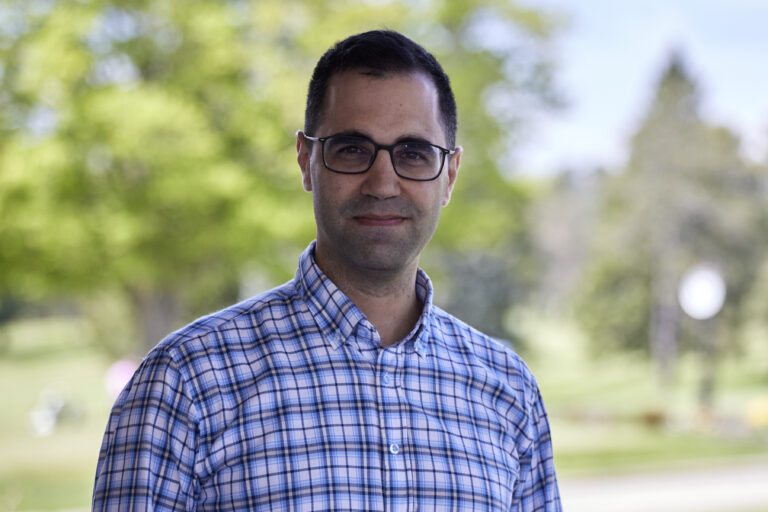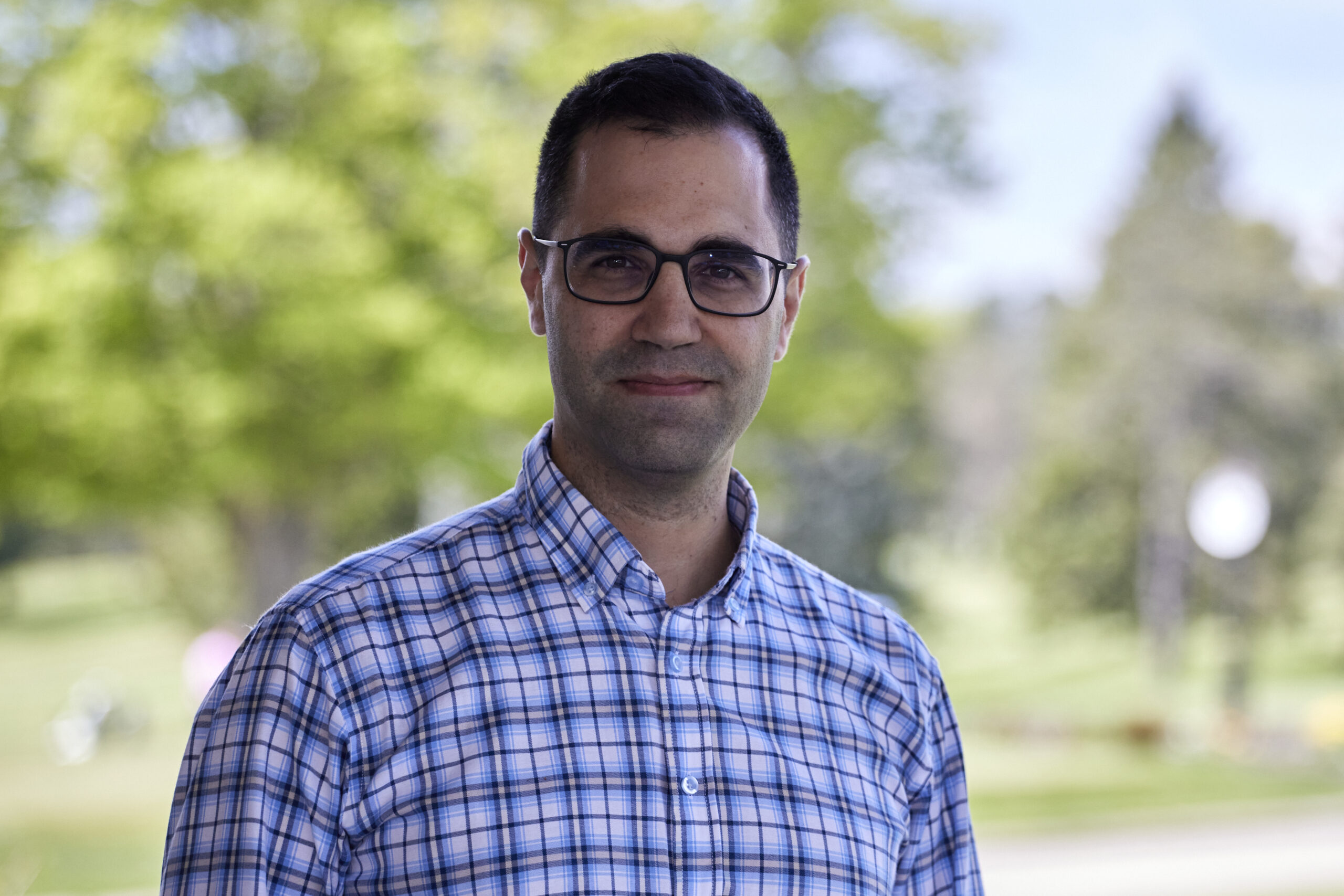A new pan-Canadian consortium, Accelerating Clinical Trials (ACT), led by PHRI Senior Scientist PJ Devereaux, has received $39 million from the Clinical Trials Fund of the Canadian Institutes of Health Research (CIHR).
At the announcement yesterday, Devereaux accepted on behalf of his 12 fellow members of the operating committee of ACT, for which PHRI is the host grant institution and the coordinating centre.
In all, McMaster University was awarded $60 million out of the total $131 million from CIHR – the largest such investment in clinical trials in Canada. That includes PHRI Scientist Jason Roberts for his work in cardiogenetics. He and Devereaux are shown here with other CTF recipients at McMaster, with Minister Filomena Tassi and CIHR president Michael Strong.

More about ACT Canada

Guy Rouleau
The ACT consortium’s mission is to elevate Canadian clinical trial performance to the same level of efficiency and speed that exists in some other countries – demonstrated, for example, in the UK on COVID-19 research, says Devereaux, who co-chairs ACT’s operating committee with Guy Rouleau, Director of the Montreal Neurological Institute at McGill University.
Devereaux notes there are many bottlenecks hindering clinical trial processes in Canada, and the ACT consortium will lead collaboration across member networks to: establish resource and data sharing policies; increase efficiencies in research and related processes (including, but not limited to ethics review, contracts, common protocols, developing applications for trial funding, and supporting consistent and valid patient-oriented outcomes); and streamline knowledge mobilization mechanisms.
Another aspect of ACT’s mission is to engage more Canadians, and a wider range of Canadians of all walks of life and parts of the country, in clinical trials. As Devereaux explains, “there is a dramatically different likelihood of a family in downtown Toronto having access to participate in a clinical trial compared to, for example, my parents living in Cape Breton having access.
The ACT consortium will use an equity, diversity, and inclusion (EDI) approach – representative of different sex and genders, socioeconomics and ethnicities – and a ‘lifecycle’ approach to include children, older adults, and pregnant people, as well as populations often underserved by clinical trials such as Indigenous Peoples in Canada.
“We want to thank the Canadian government for the way they’ve stepped up to reinvest in clinical trials and Canadian biotechnology since COVID,” says Devereaux, “so we can ensure that when the next pandemic happens, Canada is no longer dependent on the rest of the world to find solutions.”

ACT operating committee members, clockwise starting from the left: Lawrence Richer, University of Alberta; Jeremy Grimshaw, Ottawa Hospital Research Institute; Amit Garg, London Health Sciences Centre; Emily McDonald and Louise Pilote, Research Institute – McGill University Health Centre;. (Zoom screen: Dean Fergusson and Stuart Nicholls, Ottawa Hospital Research Institute, and Corrine Hohl, University of BC.) Continuing from back right side of table: Valerie Harvey, PHRI; PJ Devereaux, PHRI/McMaster University; Susan Marlin, Clinical Trials Ontario, and Catherine Joyes, Western University. ACT operating committee members not present: Guy Rouleau, Montreal Neurological Institute-Hospital; and Wayne Clark, University of Alberta Faculty of Medicine.




